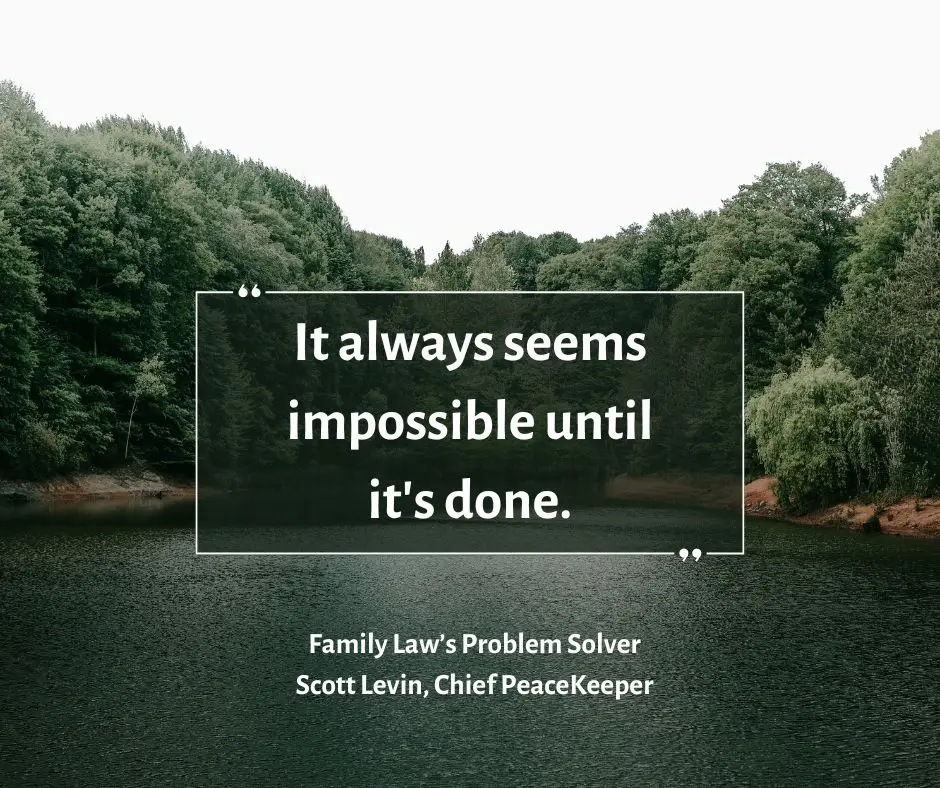There are three main divorce mediation methods: facilitative, evaluative, and transformative. Some mediators choose to utilize all three in a combined, synergistic approach, while others prefer to follow one of the three models more closely. Regardless, anyone looking into divorce mediation should be familiar with all three and begin thinking about which format would best suit their needs.
Facilitative mediation is the most common style of mediation; the end goal is to reach a mutually agreeable resolution through information and understanding. The mediator will ask questions, validate and listen to both parties’ points of view, and assists them in finding/analyzing options for resolution. The facilitative mediator will never make personal recommendations to the parties or offer his or her own advice as to the outcome of the case.
It’s essential that both parties are responsible for the decision-making throughout the facilitative process – not their attorneys. With help from the mediator, the spouses will be able to systematically identify each issue via collaborative communication. Facilitative mediation is all about interacting effectively with one other and working towards achieving a resolution that is fair to both parties, making this a great method for couples wanting to talk through their issues as a way of coming to an agreement.
Evaluative mediation is a technique modeled after settlement conferences held by judges in court. An evaluative mediator helps the parties reach a resolution by pointing out the individual weaknesses of their cases and predicting how a judge would most likely rule. An evaluative mediator will give advice and assess the outcome based on legal concepts – they’re generally more concerned with the legal rights of the parties rather than their needs or interests. Evaluative mediators will typically meet separately with each party and their respective attorney, practicing “shuttle diplomacy” to get both perspectives. This is a good solution for couples who may not be able to come to a fair agreement themselves and are more concerned with legal issues than personal matters.
Transformative mediation is more of a new age and psychotherapeutic concept. The technique is based on ‘empowering’ each party, and the idea is to virtually transform the spouses’ relationship through altering the style and quality of their communication. The aspiration is that change will occur as each party discovers his or her own way through the conflict. Modern transformative mediators push the individuals to determine the direction of their own process, making this a good method for couples that want to really take charge of their divorce.
Although they’re each slightly different, all styles of mediation have a common goal: to reach a mutually agreeable resolution outside of court. Talk to us and see if divorce mediation is right for you and your family.










